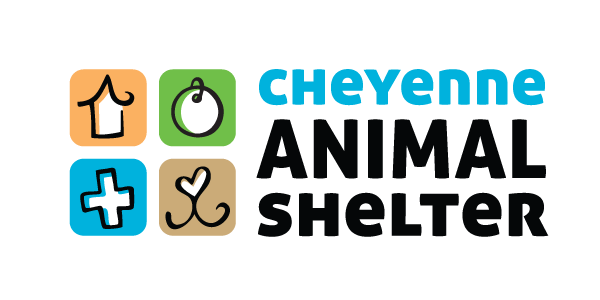A Place for Every Paw: The Case for Pet-Friendly Public and Private Spaces
Written by: Britney Tennant, Cheyenne Animal Shelter CEO
The April 30th edition of this newspaper featured an encouraging headline: “122 new homes coming to Cheyenne, with hopes for affordability.” This housing development marks an important step forward in addressing two of our city’s most pressing challenges—housing affordability and supply.
As we celebrate progress, the Cheyenne Animal Shelter is working to ensure that affordable, accessible housing also reflects the realities of how people live—with pets. Often, when we talk about inclusive communities, we focus—rightly—on economic opportunity, education, and housing. But there’s a crucial element missing from that conversation: our pets.
After more than two decades working with animals and the people who love them, I know this to be true—our dogs, cats, and other companion animals aren’t just accessories to family life. They are family. That fact should shape how we design public spaces, housing policy, and urban development.
Pets Are a Part of the Social Fabric
Pets play a vital role in the lives of most Laramie County residents, offering companionship, emotional support, and a sense of connection. As our community expands, it’s essential to ensure that new homes and commercial spaces are built with pet owners in mind.
Pet-friendly public areas—dog parks, pet-welcoming businesses, even breweries and office spaces—do more than accommodate animal lovers. They become physical spaces that bring neighbors together in person. People stop to chat over their dogs. Children learn kindness and respect through animal interactions. In an increasingly disconnected world, pets give us a reason to be together.
This isn’t just anecdotal. Studies show that pet-inclusive communities report higher levels of trust, engagement, and social cohesion. These aren’t luxuries. They’re investments in public health and civic well-being.
Pets Foster Empathy and Emotional Resilience
There’s something deeply powerful in the way animals shape our emotional lives. Children who grow up with pets develop greater empathy and communication skills. Seniors often find renewed meaning and companionship through their animals. And for trauma survivors, a pet’s quiet, unwavering love can be life-changing.
When we allow animals into shared spaces—libraries that host dogs to read with, retail areas that welcome leashed pets—we reinforce values like empathy, care, and compassion. These values are the foundation of strong, inclusive communities.
The Housing Crisis Is Also a Pet Crisis
One of the leading reasons pets are surrendered to shelters like ours is housing. Many affordable units either ban pets outright or impose strict breed and size restrictions. This forces families into heartbreaking choices—between a roof over their heads and the companion that makes it feel like home.
These restrictions fall hardest on low-income families, seniors, and individuals in transition. And let’s be clear: they’re not giving up their pets by choice—they’re being excluded by a system that doesn’t see pet ownership as a valid part of life.
But change is possible. Across the country, cities are embracing pet-inclusive housing models, incorporating on-site dog areas, flexible pet policies, and amenities that support responsible pet ownership. These efforts improve housing stability, reduce shelter overflows, and create healthier communities.
Shelters: More Than Rescue
Animal shelters are often seen solely as places of rescue. But at the Cheyenne Animal Shelter, our work goes beyond caring for homeless pets—we advocate for the policies that keep families together from the start. Whether working with city officials on development codes or advising landlords on pet-inclusive lease terms, we act as a bridge between the needs of pet owners and the broader goals of community planning.
A Community That Includes All Species
If we want to build a community where people thrive, we must accept that many of us share our lives with animals who bring us joy, stability, and connection. The human-animal bond is not a luxury—it’s a fundamental part of what makes life feel whole.
As Cheyenne grows and evolves, let’s make sure we’re planning for all of our residents. Let’s design parks, neighborhoods, and housing policies that honor the role pets play in our lives. And let’s work toward a future where no one has to choose between affordable housing and the paw in their hand.



